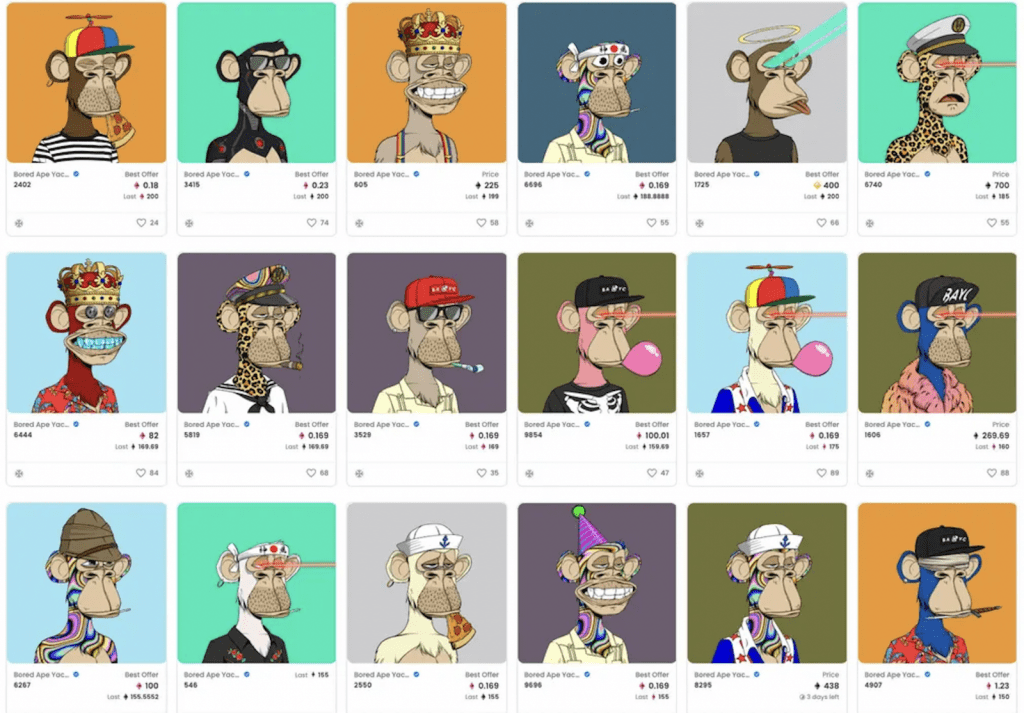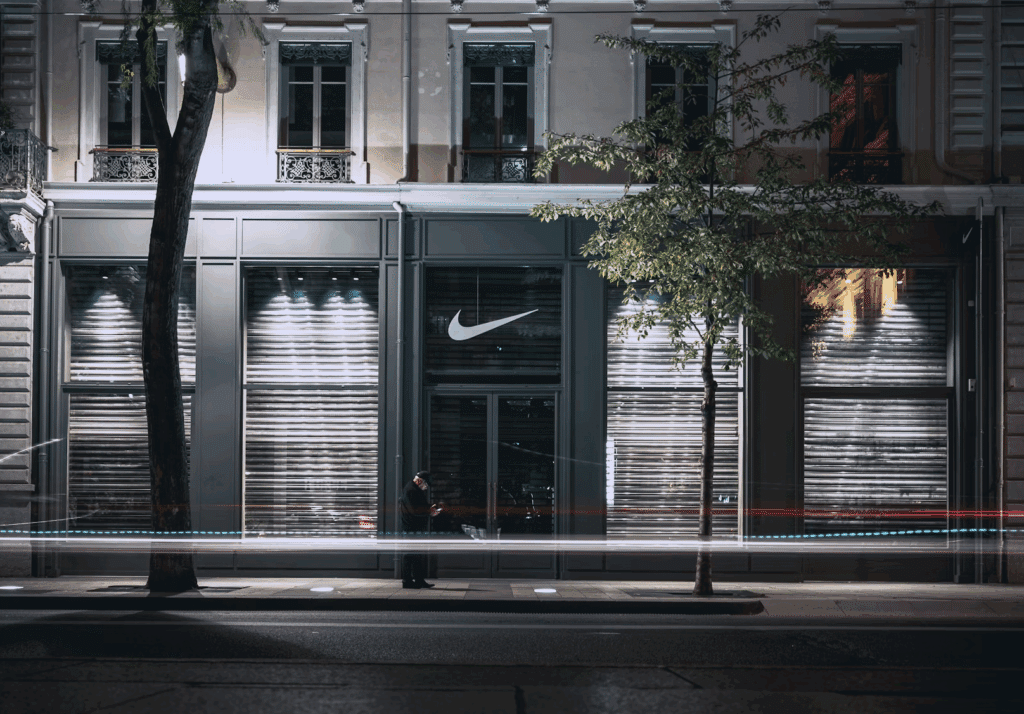In a decision that could have wide-reaching implications for brands venturing into Web3, the Ninth Circuit has confirmed that non-fungible tokens (NFTs) are “goods” under the Lanham Act and, as such, can be protected by trademark law. The court’s ruling in Yuga Labs, Inc. v. Ryder Ripps is the latest example of traditional IP doctrines being applied to emerging technologies – and the result is a decisive win (albeit partial) for brand owners operating in the digital asset space.
The Background in Brief: Yuga Labs, the company behind the Bored Ape Yacht Club (“BAYC”) NFTs, filed suit against conceptual artist Ryder Ripps and Jeremy Cahen in 2022, alleging that their “Ryder Ripps Bored Ape Yacht Club” (RR/BAYC) project was a blatant infringement of BAYC’s marks., including the “Bored Ape Yacht Club” name, the BAYC acronym, and related logos. The BAYC collection, which consists of 10,000 digital apes, become a cultural phenomenon backed by celebrity collectors, with prices for the art-linked NFTs stretching past the $3 million mark.

In response to Yuga Labs’ lawsuit, Ripps and Cahen argued that their project was commentary on the BAYC brand, pointing to alleged racist and neo-Nazi symbolism in the BAYC project. The U.S. District Court for the Central District of California sided with Yuga in 2023, granting it over $1.5 million damages and then more than $7 million in profits and fees, prompting Ripps and Cahen to appeal.
The Ninth Circuit’s Take
In a July 23 opinion, a panel of judges for the U.S. Court of Appeals for the Ninth Circuit sided with Ripps and Cahen, overturning the lower court’s decision that the RR/BAYC venture was likely to cause confusion among consumers, thereby amounting to trademark infringement. Among some of the most noteworthy aspects of the appeals’ court’s decision …
> NFTs Are Goods Under the Lanham Act: The Ninth Circuit emphasized that NFTs are not merely “digital deeds” or authentication codes but are experienced by consumers as commercial products with tangible value. The court noted that “customers experience the BAYC NFTs as more than a digital deed to or authentication of artwork,” highlighting that they function as membership passes, granting exclusive access to social clubs, branded merchandise, and events. It further stated that “NFTs exist only in the digital world, and they are associated only with digital files. NFTs are marketed and actively traded in commerce. Indeed, consumers purchase NFTs as commercial goods in online marketplaces specifically curated for NFTs.”
The ruling aligns with the U.S. Patent and Trademark Office’s position that trademark protection can extend to NFTs just as they do to physical items.
> No Naked Licensing at Play: The court rejected Ripps’ argument that Yuga abandoned its trademark rights by granting NFT purchasers broad usage rights – or in other words, engaging in naked licensing. Trademark rights, the court explained, are distinct from any copyright or commercial rights conveyed with the digital art itself.
> But No Automatic Infringement: The court reversed the district court’s summary judgment on infringement and cybersquatting, finding that Yuga failed to prove a likelihood of consumer confusion as a matter of law. Applying the Sleekcraft factors, the Ninth Circuit concluded that some elements (such as similarity of marks) weighed in Yuga’s favor, but others were neutral or in dispute. This means Yuga’s infringement claims will likely be tested again at trial.
> No Fair Use Shield for Ripps: While Ripps argued that his RR/BAYC project is protected under the First Amendment, the court said his use of BAYC’s marks “went well beyond commentary” and was aimed at selling competing products.
The Big Takeaway for Brands
The ruling reinforces the idea that traditional trademark protections extend to virtual assets – a key development for luxury brands experimenting with NFTs, digital fashion, and metaverse activations. It also sends a warning to creators who seek to “remix” or parody digital products under the guise of artistic expression. The decision parallels other recent rulings, including Hermès v. Rothschild, in which the Birkin bag-maker successfully argued that “MetaBirkin” NFTs infringed its famous Birkin trademarks – signaling that courts are willing to apply long-standing trademark principles to digital-first disputes.
The case is Yuga Labs, Inc. v. Ryder Ripps, et al., 2:22-cv-04355 (C.D. Cal.).














